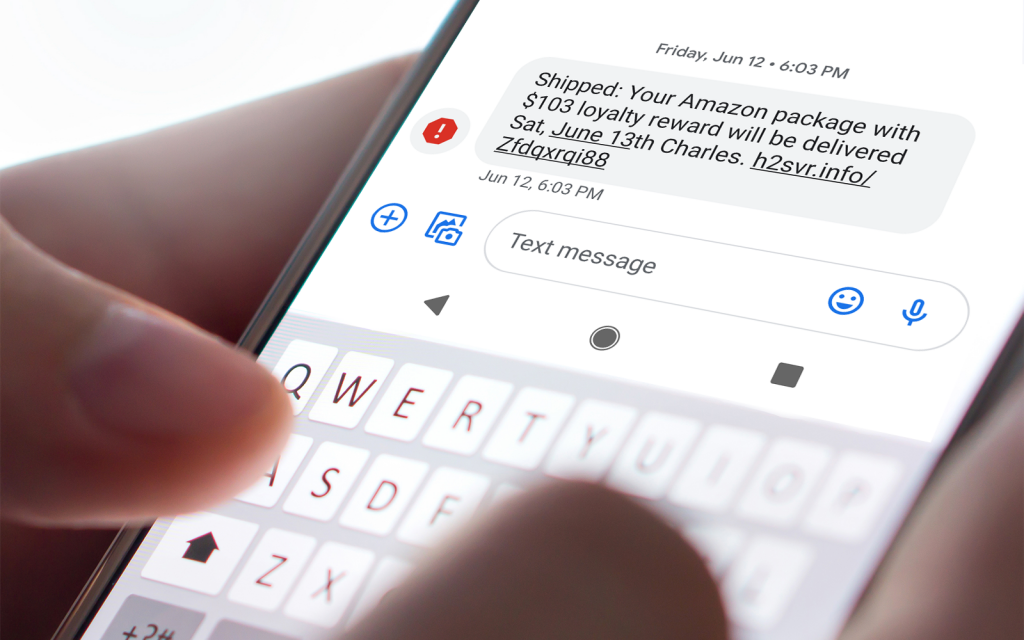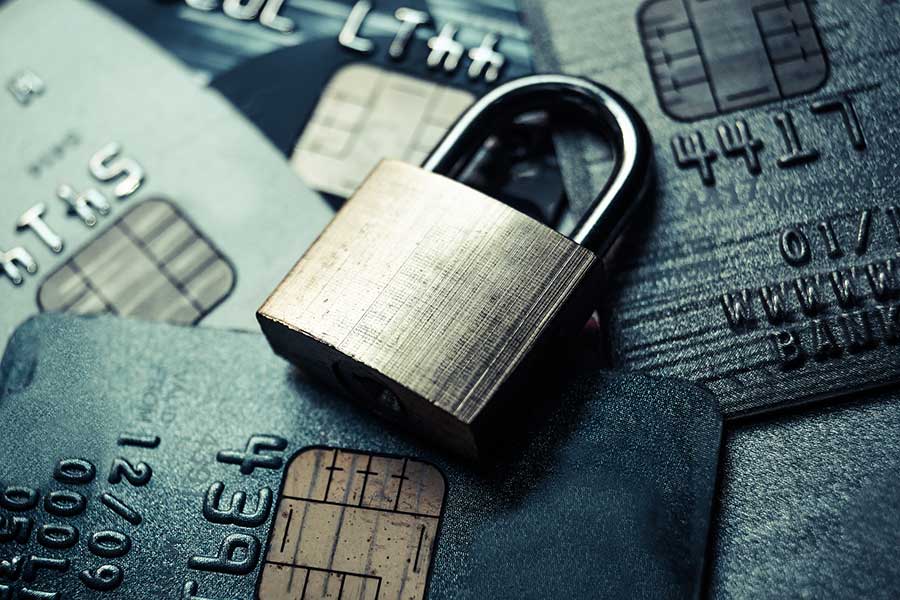Be careful which social media accounts you follow, because the person on the other end may not be who you think they are! Imposters are getting more and more savvy, and creating knock off pages claiming to be legit brands, influencers, or maybe even one of your friends. But, once you click, they get your personal information and even connect with your followers.
We’ve all been tempted. You see an offer for a discount or a giveaway. They appear to come from brands that we are familiar with, such as Nike, Gap, Adidas, Sephora, Ulta, Amazon, and more. But these accounts are fake – and so are the giveaways.
Imposters are spoofing accounts and claiming to be a business or in many cases, an individual that you know. The imposter then contacts a person, says they won a contest, and that in order to get the prize, they needed to go to a web page and input certain information. Experts say that’s the scam! Crooks take pictures from the real page (because its easy to copy and paste a logo), and then they create a site that looks almost identical.
Actions you can take to stay safe online and avoid being ripped off!
- Pay attention to the URL. If it looks foggy or has an extra letter or symbol added to it, it’s likely an imposter page claiming to be the real thing.
- Before accepting a friend request or responding to a direct message, compare connections. Who are their friends?
- Check to see that you’re not already to connected to someone who starts following you (or wants to follow you).
- Looks at posts from the friend request. Are they recent?
- If it’s a popular brand or a celebrity, look for a blue checkmark. That means that they have been certified by the social media site.
- If you spot a fake account, report it to the site immediately.
- If you do fall victim to a social media scam, contact your bank immediately and try to stop payment or freeze the account.
- Report it to the FBI. If you act quickly, there is a good chance you can get your money back.
What are imposters looking for?
They want your personal information. They want to steal your identity, your phone number, your credit cards, and any information that they can use.
Reports from the FBI say that people have lost hundreds of millions of dollars to imposter social media scams. Be vigilant, educate yourself, and protect your information.










